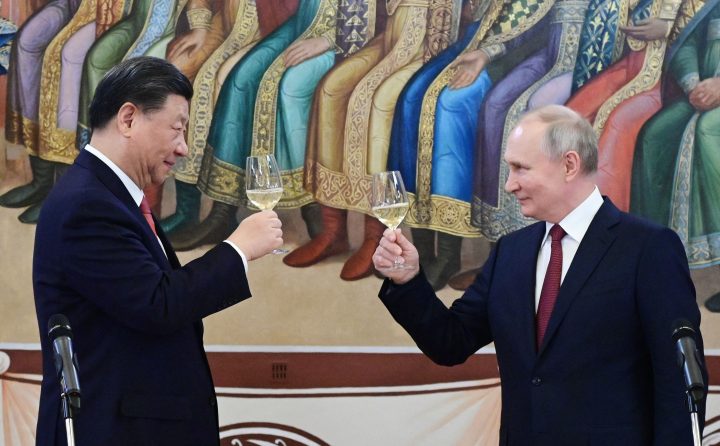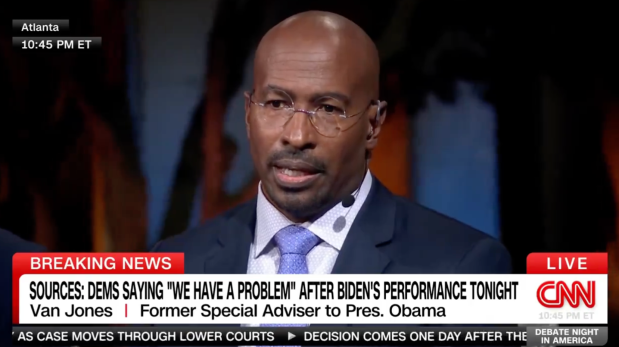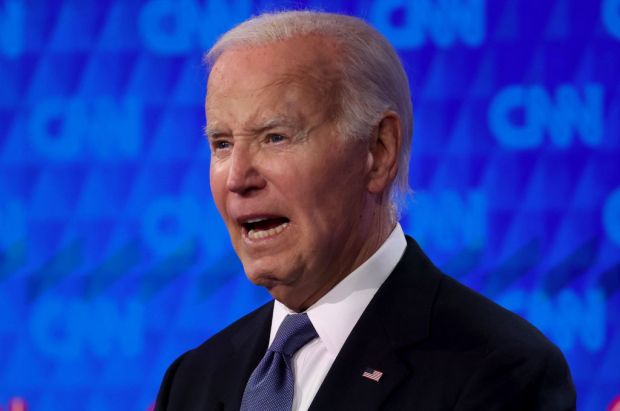After his arrival in Moscow on Monday, President Xi Jinping said that China is ready, along with Russia, ‘to stand guard over the world order based on international law’. This statement came closer than ever before to articulating his view that a normative struggle is going on between a western-dominated order, and one more suited to Beijing’s interests.
Already a subscriber? Log in
Subscribe for just $2 a week
Try a month of The Spectator Australia absolutely free and without commitment. Not only that but – if you choose to continue – you’ll pay just $2 a week for your first year.
- Unlimited access to spectator.com.au and app
- The weekly edition on the Spectator Australia app
- Spectator podcasts and newsletters
- Full access to spectator.co.uk
Or




















Comments
Don't miss out
Join the conversation with other Spectator Australia readers. Subscribe to leave a comment.
SUBSCRIBEAlready a subscriber? Log in